The Dangers of Romanticization: An Investigation into Pop Culture and Colleen Hoover
December 24, 2021
Books have the power to arise emotions inside of us that we never knew were tucked away. Tears may fall as we breathe in the words before us, other times we fume in anger, smile uncontrollably or grief settles in our stomach as the words come to an end.
That is the beauty of literature, words have the impact to influence, invoke emotions and pull the reader into another reality. Books even have the capability to make readers overlook the darkness written into the stories. Especially books that have caught the infatuation of young adults and their obsession with love.
Recently, there has been an upscale trend in entertainment, social media and literature that romanticizes toxic behavior in relationships and displays it as “love”.
It is undeniable that romance novels filled with adrenaline and exciting relationship plotlines are alarmingly addicting.
Aside from the entertainment and pleasure, it makes one wonder if it is detrimentally influencing teenagers, predominantly adolescent girls. Many romance novels have captured the attention of developing young adults, providing a perspective that toxicity written into “love stories” and shown on screens is a normalized standard in relationships.
Colleen Hoover, the No. 1 best-selling author of It Ends with Us, is a prime example of an author presenting a story to be a romance novel, but SPOILERS AHEAD, the “love story” romanticizes dark sides of the main characters’ relationship.
Hoover has written numerous books digging into the depths of characters’ relationships, but her No. 1 seller takes a turn for the worst.
Lily, the main character, hasn’t always had an easy life. With the urge to leave behind her painful past after she graduates college in Maine, Lily takes it upon herself to embark on a new journey in Boston, where she starts her own business. There she finds herself falling for an attractive neurosurgeon named Ryle Kincaid, everything up to this point suddenly feels too good to be true in Lily’s new life.
Ryle is self-confident, incredibly stubborn, and a little bit arrogant. He is also surprisingly sensitive, smart and has a soft spot for Lily. And the way he looks in scrubs is definitely a plus. Lily can’t get him out of her head. But Ryle’s complete hatred of relationships is unsettling. Even with Lily being Ryle’s one exception to his “no dating” rule, she can’t help but wonder why he feels so strongly against relationships.
Although it sounds like a traditional romance, the story consists of violent abusive behavior; an effect of Ryle’s temper and displays it as validated frustration and jealous behavior. Readers find themselves immersed in Lily’s relationship with Ryle, falling in love with his violent tendencies and dominant personality.
Morgan Grindell, a student-teacher at Skyline High School, understands the desire for the mysterious and thriller aspects of those types of entertainment because of the insights it gives to relationships. While also noticing the fictionalized reality of relationships written into these romance novels.
“Her books have caught wildfire…somehow Colleen has made it so we want to emphasize with the characters, we feel for them, even the abuser. If we had a friend and that was her real life, we would say to dump him.” said Grindell. “It is painful to read those kinds of things. Especially [It Ends with Us] when [Lily] takes [Ryle] back each time.”
The “romance” in this novel intertwined with the toxicity masks the seriousness of the situation.
“Even though it’s toxic, people look past that and just want to read the story. It is toxic because when you are reading it, it’s so removed from your life, where this is just a ‘fantasy’, but this is people’s real lives. They go through this everyday. And they are not thinking about that aspect, they are just thinking this is fiction, just a story,” said Grindell.
It is generally easy for the reader to immediately identify when toxic behavior is being expressed in literature. In particular, when the abuser is the antagonist of the story or at least “imperfect” compared to the other romantic interest. But what about when the abuser is displayed as the romantic hero designed to make us fall in love with them?
In a scene of It Ends with Us, Hoover writes, “I pull back and his eyes are red. I’ve never seen him look so sad…he carries me and kisses me all the way to the bedroom…and by some miracle my anger leaves me,” after Ryle physically hurt Lily, Hoover romanticizes Lily’s perspective of Ryle’s behavior after his actions, when in reality the focus should’ve been Ryle’s abusive behavior towards her.
The illustration of “love” and intimacy after abusive behavior is portrayed draws the reader’s attention away from the toxic behavior and refocuses it on the romantic development of the characters’ relationship. This delivers a fictional reality of relationships into the reader’s mind that actions of lust immediately after violent outbursts is an act of love.
“Fiction can be so great because you get a perspective that you haven’t before… but authors are taking advantage of people’s shared experiences and trauma,” said Grindell. “It is not that real raw emotions, it is more of a romanticized aspect of the story they are creating. People just need to remember those are definitely real things people are living with and it’s not always this beautiful storyline.”
Hoover’s romanticization of the characters’ abusive relationship is seen more throughout the book. There are 361 pages in It Ends with Us. Out of those 361 pages, “I’m sorry” has been said 51 times and out of those 51 times, 23 of them were from Ryle after his violent outbursts. The words “hurt” and “cry” were used 131 times combined. In comparison to the “I love yous” there were only 6. Each time those words were used, lust was exchanged between the two characters after toxic altercations.
Romanticization of abusive and sexual behavior in literature turns it into something positive that the reader emotionally feels drawn to root for and influences these ideals to conform into their own relationships.
Teenagers, especially among Generation Z, have noticed a change in relationship standards. Compared to older generational love, depth and connection were the roots of relationships. There was less drama, now toxic behavior and lust rather than love is normalized in relationships.
“As I got older my standards definitely dropped because as a teenager it’s hard to find someone who will date you for the right reasons.” said Jessica Ron, a former student from Eastlake.
Teenagers today are influenced and conditioned to want instant gratification. It is not necessarily that teenagers do not understand the concept around romantic and intimate connection, it’s that they view the entirety of the concept differently.
“I never knew a relationship could be so equal and strong because I thought it was normal for it to be temperamental and stressful,” said Ron.
The market for romanticizing toxic behaviors and romance is nothing new. Stephen Meyer’s Twilight Series, Emily Bronte’s Novel Wuthering Heights and other popular literature and entertainment fall under that line.
The main cause of this is the access through social media and pop culture which further aids in romanticizing toxic behaviors in relationships.
“I definitely think that there are many relationships in social media and literature that create or seem like it creates a perfect picture of what relationships look like and if yours doesn’t look like that then you either aren’t really in love or you aren’t in the right relationship.” said Whitney Hutchings, a Senior at Bear Creek High School.
In correlation to literature, pop culture feeds into the instant gratification teenagers feed off of.
“We romanticize things as serious and harmful as toxicity and abuse because it’s easy to make interesting” said Ron. “A lot of media has made toxicity seem like the same thing as love.”
Overall, it is easy to fall for the romanticized ideas of love stories and pop culture, but it is important to remember that it is fiction. It is not always an accurate representation of love.

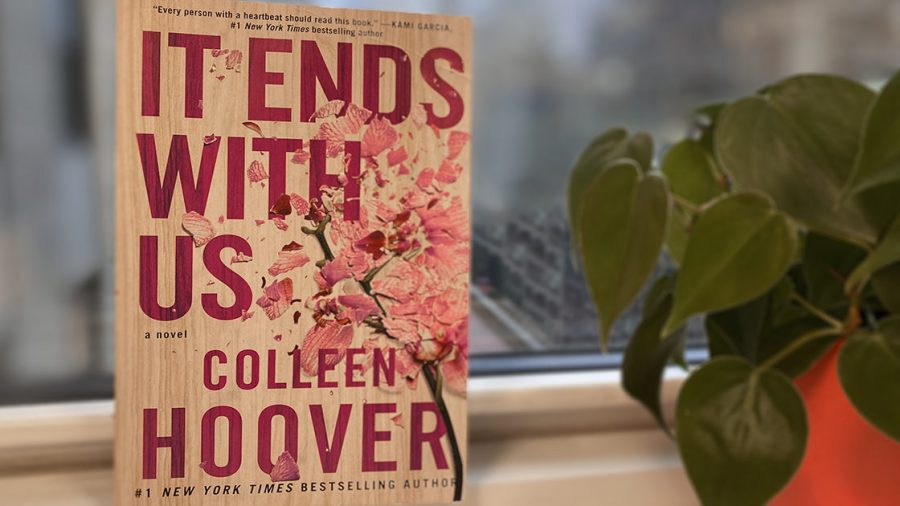


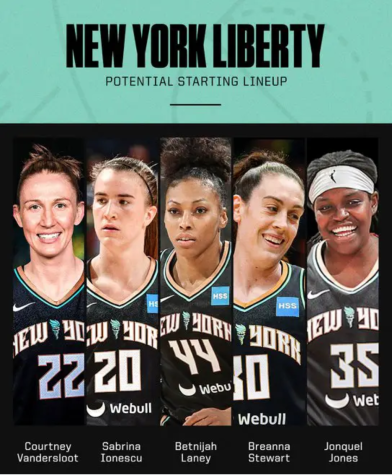
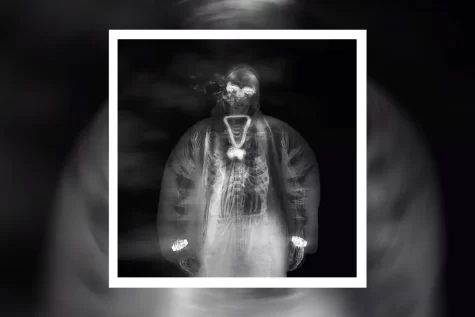

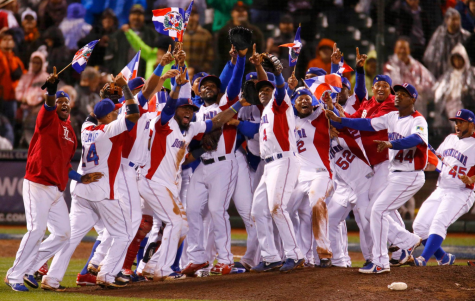
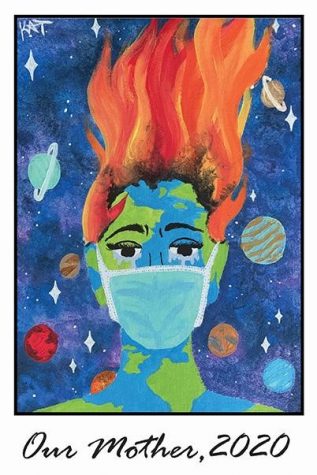


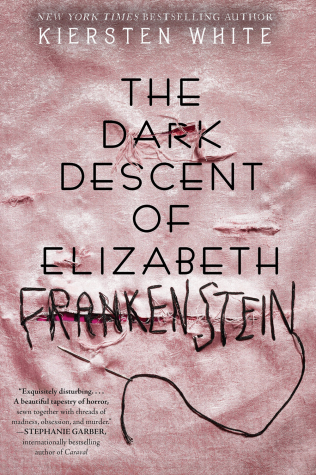

Dong • Mar 2, 2023 at 1:18 pm
Very nice review, very detailed! I agree with everything you have said.
Derin Suzener • Jan 15, 2022 at 8:31 pm
That was a great read! Totally agree with your lead-in.
I’ll make sure to check this book out.